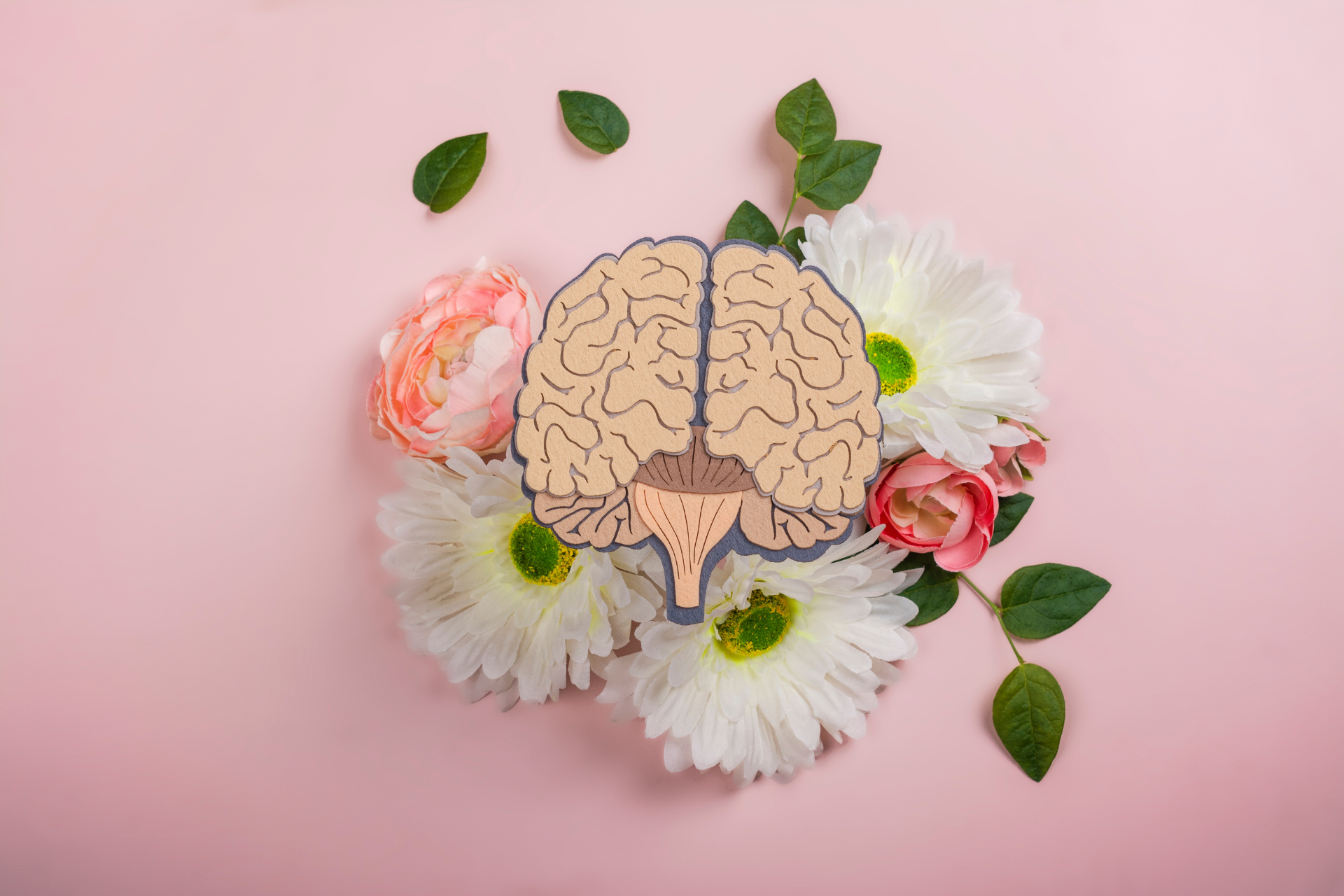Innovative Therapies in Modern Mental Health Facilities
The landscape of mental health care is undergoing profound transformations, driven by groundbreaking therapies poised to reshape treatment protocols in Mental Health Facilities. At the forefront are innovations tackling mental health and opioid addiction, areas once fraught with challenge and limited solutions. Physicians are now harnessing therapeutic modalities to confront these issues, while advances in pharmacogenomics offer tailored treatment plans, promising a future where health insurance policies support more personalized care strategies and those without insurance can still access services. In this article, we detail the exciting developments that are setting the stage for a redefined approach to mental health care. Stay tuned to learn how these therapies not only address current needs but also pave the way for a healthier, more hopeful tomorrow.
Revolutionizing Care With Virtual Reality Therapy
The rapid expansion of technology is not just a conversation starter on social media platforms; it's reshaping inpatient psychiatric care at mental health facilities. With a novel approach to mental health intervention, virtual reality therapy emerges as a ground-breaking method. This innovative tool allows for the creation of immersive environments, effectively aiding in anxiety management by offering patients a safe space to confront and navigate their fears. When specific phobias become debilitating, virtual simulations provide a structured, controlled setting for targeted phobia treatment, minimizing real-world risk and maximizing therapeutic outcomes.
Individuals grappling with PTSD find solace in controlled exposure scenarios, which can reduce the intensity of their stressors in a measured, supportive environment. Furthermore, virtual spaces are being designed to cultivate a sense of calm and presence, significantly enhancing mindfulness and meditation practices. Such digital therapeutic avenues hold promise for those facing mental health challenges, whether due to anxiety, stress, or disability, pointing to a profound shift in the approach to care.
Integrative Approach With Holistic Therapies
At the heart of modern mental wellness programs, mental health facilities are blending traditional treatments with innovative holistic therapies, recognizing their synergistic potential to alleviate pain and fortify mental resilience. Recognized by the National Institute of Mental Health as beneficial adjuncts to conventional care, modalities such as yoga and meditation are becoming staples within treatment plans. These practices not only support the mind-body connection but also equip patients with tools to manage stress and emotional turbulence.
Nutrition, increasingly seen through the lens of psychiatry, now plays a pivotal role in sustaining mental well-being, with tailored dietary strategies often complementing medication and therapy.
Expressive therapies, including art and music, offer powerful outlets for processing complex emotions, fostering recovery, and cementing long-term coping skills. Nature therapy integrates the therapeutic qualities of the outdoors, prompting many to step beyond the confines of the therapist's office to find solace and strength in natural settings. Such integrative practices are particularly relevant for tackling multifaceted conditions where comprehensive care strategies are essential for lasting recovery. As patients navigate their journeys towards health, these holistic offerings often surface during the initial mental health appointment, setting a precedent for inclusive, personalized care that addresses the whole person.
Mental health care is undergoing a profound transformation, marked by a convergence of technology, holistic therapies, and personalized care. By harnessing the power of virtual reality, AI, and holistic modalities, mental health facilities are redefining treatment paradigms, offering patients more effective and tailored interventions. As we integrate these innovations with established practices like yoga, meditation, and nutrition, a comprehensive approach to mental well-being emerges. This holistic perspective, coupled with the strength of peer support and community programs, creates a supportive ecosystem for recovery.
Friends of ASH is committed to fostering this evolving landscape, supporting initiatives that prioritize patient-centered care and accessibility. Together, we can shape a future where mental health is treated with the same urgency and compassion as physical health. Visit our website to learn more about who we are and what we are doing to support Austin State Hospital mental health facility:
www.friendsofash.org
All Rights Reserved | Friends of Austin State Hospital
Website by EGS Marketing Solutions
All Rights Reserved | Friends of Austin State Hospital
Website by EGS Marketing Solutions
All Rights Reserved | Friends of Austin State Hospital











